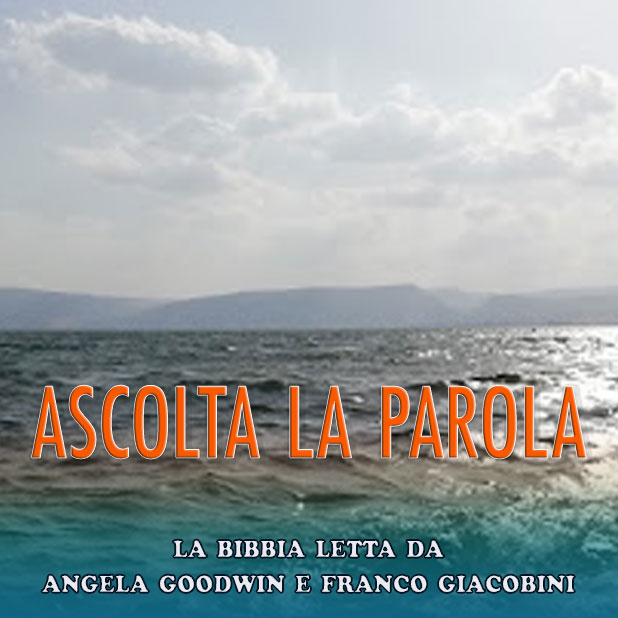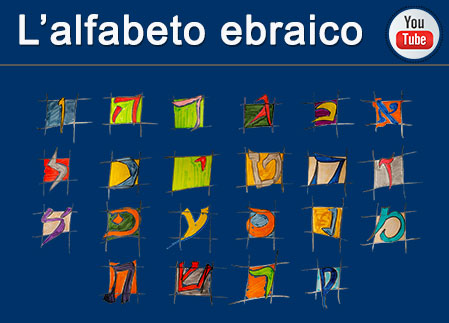Catholic Bishops’ Conference in Switzerland
Svizzera 31/03/1997
The Bishops’ Conference hereby contributes a study to the current debate in our country. The role of Switzerland during the Second World War has become the object of fierce debate. It is necessary to state that this role is appreciated very differently today by the generation that lived through and themselves remember the war years, than by the post-war generations whose approach is more historical. Confronted by this generational conflict, we are grateful to all those whose contributions serve to clarify the debate. Neither acts of injustice committed in the past nor the boundless suffering must sink into oblivion. It is necessary to extract a moral lesson with which to address the future so that such atrocities can never recur.Our country, completely encircled by National Socialist and Fascist dictatorships, found itself in a precarious situation. Without complying with the totalitarian demands of her neighbors, Switzerland was nevertheless forced to make some compromises. In particular, Switzerland did not welcome as many refugees as she could have done so that the goods and fortunes of the victims and the persecuted could flow into Switzerland, permitting certain people to enrich themselves. We would like to evoke aspects of the past which reflect positively on our image. But we must also remind ourselves of the darker aspects of our history and accept the responsibility. We have inherited this past and have benefited from it. This enables us to be conscious of our obligations to make amends and to be ever vigilant in the face of the possibility of similar dangers, in the present or future, which now affects the manner in which we treat refugees or our responsibility with respect to acts of injustice.
At the time of Hitler’s dictatorship and during the Second World War, unimaginable atrocities were committed, causing innumerable victims. The majority of these were the Jewish people, the designated target of the Holocaust. Indeed, this massacre was organized by a regime which also persecuted Christians and the churches. But we must not lose the perspective that, for centuries, Christians and ecclesiastical teachings were guilty of persecuting and marginalizing Jews, thus giving rise to antisemitic sentiments. Today, we shamefully declare that religious motivations, at that time, played a definite role in this process, motivations which are today largely incomprehensible. It is in reference to these past acts of churches for which we proclaim ourselves culpable and ask pardon of the descendants of the victims, as the Holy Father has done in preparation for the Year of Reconciliation (cf. Tertio Millennio Adveniente, nos. 33 and 36).
Being aware of our responsibility for the facts of our past, we consider it to be our obligation to affirm that Christianity has grown out of Judaism and that, consequently, the Christian faith is rooted in the Jewish tradition. In the face of National Socialist antisemitism, Pope Pius XI declared: “Through Christ and in Christ, we are the spiritual descendants of Abraham. Spiritually, we are all Semites” (cf. La Documentation Catholique, 1938, col. 1460). The Second Vatican Council emphasized that “the Jewish people still remain most dear to God because of their fathers, for he does not repent of the gifts he makes nor of the calls he issues.... His grace and his call are irrevocable. In company with the prophets and the same Apostle, the Church awaits that day, known to God alone, on which all people will address the Lord in a single voice. . .” (Nostra Aetate, no. 4). Their psalms are our prayers, through which we raise our concerns before God.
With the National Council of the Christian Churches, our position is to affirm that “antisemitism and the Christian faith are incompatible. The churches in Switzerland resolutely distance themselves from all antisemitic affirmations.” We wish, through our Commission of Judeo-Roman Catholic Dialogue, to find the ways best suited to implant this consciousness better in the life of the Church.
239 visualizzazioni.
Inserito 01/01/1970
Relazioni Ebraico-Cristiane
Ultime novità nel sito
- 19/04/2020: Articolo - L’enigma della Maddalena
- 23/02/2020: Articolo - Il locus amoenus nelle catacombe ebraiche e cristiane di Roma
- 16/02/2020: Articolo - Il profetismo nel Vicino Oriente antico
- 13/02/2020: Articolo - I Profeti della Cappella Sistina
- 09/02/2020: Articolo - Gerusalemme e la Terra Santa di Israele


